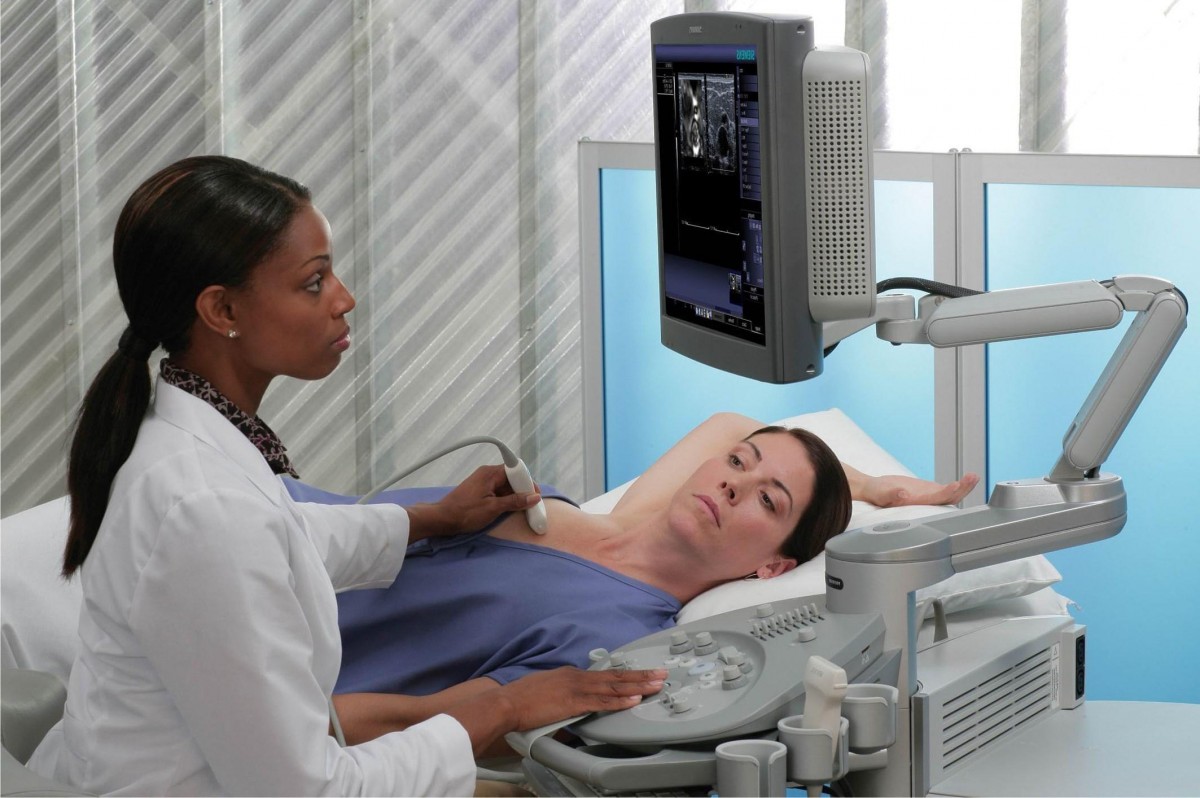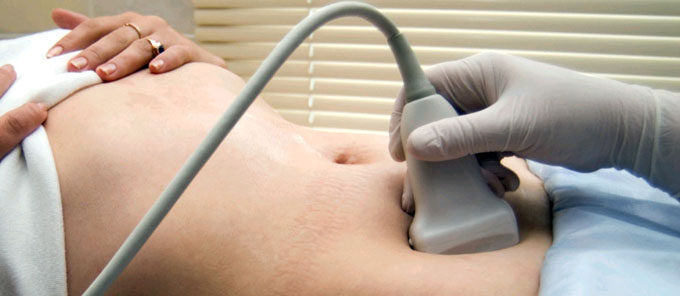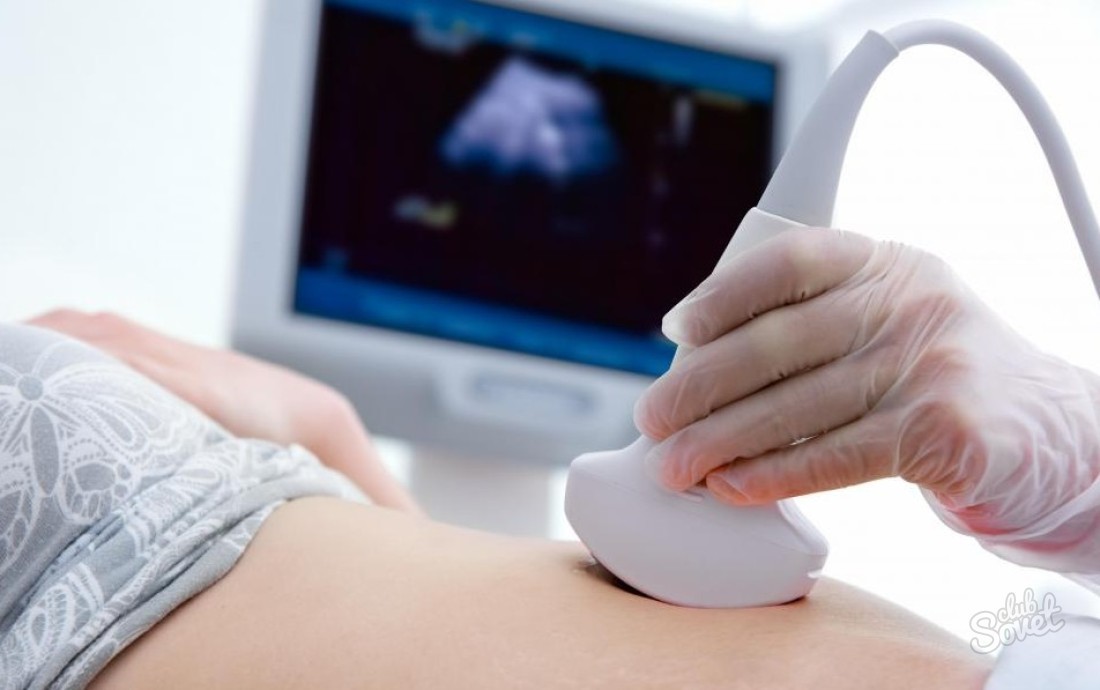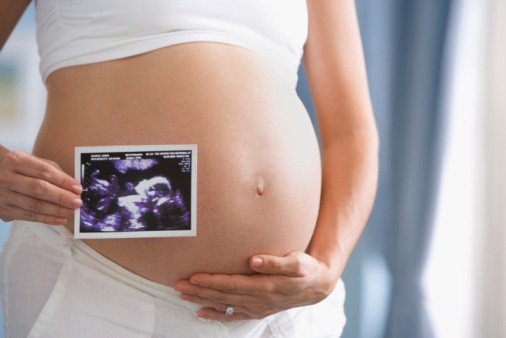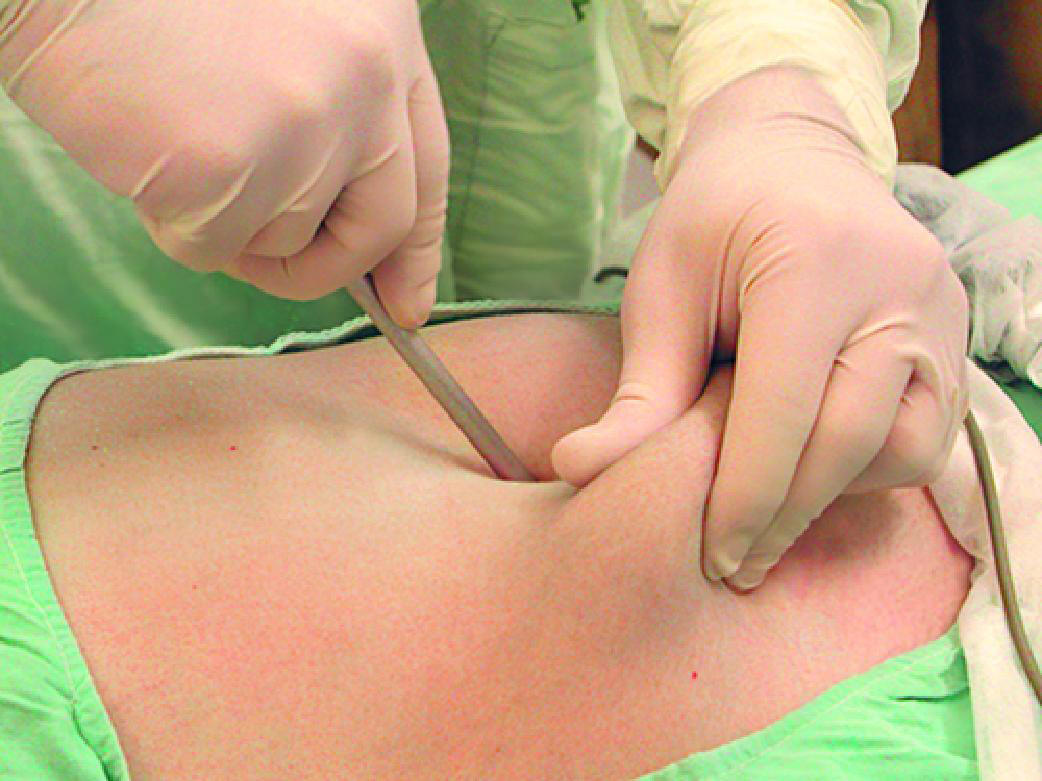
florida rules of civil procedure objections to discovery
м. Київ, вул Дмитрівська 75, 2-й поверхflorida rules of civil procedure objections to discovery
+ 38 097 973 97 97 info@wh.kiev.uaflorida rules of civil procedure objections to discovery
Пн-Пт: 8:00 - 20:00 Сб: 9:00-15:00 ПО СИСТЕМІ ПОПЕРЕДНЬОГО ЗАПИСУflorida rules of civil procedure objections to discovery
Subject to the general provisions of subdivision (h)(1), law enforcement officers shall appear for deposition, without subpoena, upon written notice of taking deposition delivered at the address of the law enforcement agency or department, or an address designated by the law enforcement agency or department, five days prior to the date of the deposition. Such objections do not comply with Local Rule 26.1(e)(2)(A), which provides that, when an objection is made to any interrogatory or subpart thereof or to any document request under Federal Rule of Civil Procedure 34, the - objection shall state with specificity all grounds. Likewise, attorneys should not attempt to prompt a deponent by suggestive or unnecessarily narrative objections. (1) After the filing of the charging document and subject to constitutional limitations, the court may require a defendant to: (A) appear in a lineup; (B) speak for identification by witnesses to an offense; (C) be fingerprinted; (D) pose for photographs not involving re-enactment of a scene; (E) try on articles of clothing; (F) permit the taking of specimens of material under the defendants fingernails; (G) permit the taking of samples of the defendants blood, hair, and other materials of the defendants body that involves no unreasonable intrusion thereof; (H) provide specimens of the defendants handwriting; and (I) submit to a reasonable physical or medical inspection of the defendants body. In written examination written questions are handed over to the deponent in a sealed envelope. Subdivision (c) contains material from former rule 1.310(b). hbbd``b`K @`* "H0X@2wO001J G _Yn0 ? florida rules of civil procedure objections to discovery. Based on the current trend of case law, lawyers who appear in federal court would be wise to familiarize themselves with the new rules and modify their forms accordingly. The rule is derived from Federal Rule of Civil Procedure 26 as amended in 1970. In fact, the advisory committee's note inRule 26 stated that the changes to the rules were not "intended to permit the opposing party to refusediscovery simply by making a boilerplate objection that it is not proportional. Rule 30(e): The deponent is allowed to review the recorded statements or the transcript within 30 days of recoding the same. (b) Prosecutors Discovery Obligation. The interrogatories should not exceed 25 in numbers. Response to the request should be made in 30 days of serving the request. The witness coordinating office should attempt to schedule the depositions of a witness at a time and location convenient for the witness and acceptable to the parties. After receipt by the defendant of the Discovery Exhibit, the defendant may, without leave of court, take the deposition of any unlisted witness who may have information relevant to the offense charged. Their use obstructs the discoveryprocess, violates numerous rules of civil procedure and ethics, and imposes costs on litigants thatfrustrate the timely and just resolution of cases.". Here are the four main 2015 amendments to FRCP (Federal Rule Of Civil Procedure) 34 summarized: 1) The time to respond to a discovery request is 30 days after the Rule 26 (f) conference 2) Objections to Rule 34 [must] be stated with specificity 3) Production deadlines set within the ESI agreement must be adhered to This isnt to say objections are improper when subjected to a request for any and all documents.But rather, you should tailor your otherwise boilerplate objections to consider the proportionality analysis set forth in FRCP 26 and what documents are due to be produced. While other rule amendments have garnered more attention (e.g., the scope of discovery under Rule 26), most litigators have failed to recognize that the newly amended Rule 34 essentially prohibits general objections. The authorized officer should administer oaths. The notable omission? The purpose of the amendment to subdivision (b)(3)(A) (renumbered (b)(4)(A)) is to allow, without leave of court, the depositions of experts who have been disclosed as expected to be used at trial. Also, we discussed potential amendments to Rule 1.280 and other related rules to consider proportionality and cost-shifting provisions. (1) Motion to Restrict Disclosure of Matters. Third, most of the typical general objections were and remain protected by other Federal Rules of CivilProcedure. Rule 37(a): If a party is not complying with discovery procedures, the other party through a motion in good faith can compel the non complying party. $O./ 'z8WG x 0YA@$/7z HeOOT _lN:K"N3"$F/JPrb[}Qd[Sl1x{#bG\NoX3I[ql2 $8xtr p/8pCfq.Knjm{r28?. $E}kyhyRm333: }=#ve General objections should rarely be used after Dec. 1, 2015, unless eachsuch objection applies to each document request (e.g., objecting to produce privileged material). In Fischer, Peck allowed the party to amend its discovery requests, while other district judges haveimposed orders producing more draconian results. The Task Force has drafted and is considering proposed amendments to the Florida Rules of Civil Procedure relating to non-specific objections to discovery requests, federal proportionality considerations in regard to discovery (to both parties and non-parties), and addressing meet and confer and initial case management requirements. You can unsubscribe at any time. B. Objections, Privilege, and Responses | Middle District of Florida Rule 33(d): If an answer can be given only after referring, auditing, compiling or abstracting some documents, the answering party can answer by specifying those documents or give the party interrogating sufficient details to refer the documents by him/herself. An objection to part of a request must specify the part and permit inspection of the rest. When deposition ends, the officer should state on the record that the deposition is completed and should also state on record the arrangement made by the attorneys about the custody of the transcript or recording of exhibits or any other related matters. (2) The prosecutor and the defendant shall perform their obligations under this rule in a manner mutually agreeable or as ordered by the court. If you want to participate in these conference calls or join the e-mail list for the Task Force then please reach out to the Chair, Bart Valdes, at, Business Law Section of the Florida Bar | Hosting & Maintenance by, Electronic Discovery & Digital Evidence Committee, State & Federal Court Judicial Liaison Committee, CTL Committee work on proposed legislation, Corporations, Securities & Financial Services Committee, Guidance for Business Owners Impacted by COVID19, Antitrust & Trade Regulation Subcommittee, Chapter 617 Task Force (Corporations Not For Profit Statute), Proposed Amendments to Florida Rules of Civil Procedure Task Force, Restrictive Covenant (542.335) Task Force, Uniform Commercial Real Estate Receivership Act Task Force, Uniform Voidable Transactions Act Task Force. 3Z$YCYTlvK igQ>meeERli C^AX{0 Please keep this in mind if you use this service for this website. Rule 26(d): Provides the timing and sequence of discovery. INSTRUCTION THAT A WITNESS NOT ANSWER. { 6230 0 obj <>/Filter/FlateDecode/ID[<75D715D534807947AEB70BCA06CA047A><37065FB64F6B8B4D8FB1A7A5B71E0E88>]/Index[6217 91]/Info 6216 0 R/Length 72/Prev 1017583/Root 6218 0 R/Size 6308/Type/XRef/W[1 2 1]>>stream Interrogatories should be answered as much as not objectionable. hb```\@( \0Y;9}z DKm[+\L9^00dt40ht00z i^$H@2z2ftdfge( ??wi]6NL ]s00^2J ] P. 1.380 Download PDF As amended through February 1, 2023 Rule 1.380 - FAILURE TO MAKE DISCOVERY; SANCTIONS (a) Motion for Order Compelling Discovery. In federal and Florida state courts, lawyers can only instruct a witness not to answer a deposition question under the following limited circumstances: 1) when necessary to preserve a privilege; 2) to enforce a limitation on evidence directed by the court; or 3) to protect a witness from an examination being conducted in bad faith or in such a Nonspecific objections do not comply with the Federal Rules of Civil Procedure or the Local Rules and will not be sustained by this Court. The notice should include the time and place of deposition (if known) and the deponents name and address (if known). Ak= @*K*0ady}**lwlwb>Tbp,*{m T=n|LgEWBFu7WhwnxE5Uyy5?OmO@H:._546/ 136 0 obj <>stream Depositions are taken through oral questions. endstream endobj startxref Rule 30 (c): Deposition process is same as any trial process with examination and cross-examination. endstream endobj 685 0 obj <>stream (adsbygoogle=window.adsbygoogle||[]).push({}), Need a Personal Loan? Rule 32(d): An objection to a mistake in the notice of deposition is waived if the irregularity in the notice is corrected promptly. In February 2017, a case from the Southern District of New York garnered national attention whenMagistrate Judge Andrew Peck (already renowned in e-discovery circles) admonished those lawyerswho continued to file form objections, 15 months after the new rules became effective in Fischer v.Forrest, No. In the petition the party should show the following: The petitioner is expected to be a party in a case actionable in a U.S. court, but is unable to bring the action presently; The petitioners interest in the expected action; The reason for perpetuating the testimony and the facts the petitioner is trying to establish; Name and details of the expected adverse parties and their addresses; Name, address and the expected substance of testimony of each deponent. (2) Informants. Florida Rules of Civil Procedure 3 . (1) If a defendant elects to participate in discovery, either through filing the appropriate notice or by participating in any discovery process, including the taking of a discovery deposition, the following disclosures shall be made: (A) Within 15 days after receipt by the defendant of the Discovery Exhibit furnished by the prosecutor pursuant to subdivision (b)(1)(A) of this rule, the defendant shall furnish to the prosecutor a written list of the names and addresses of all witnesses whom the defendant expects to call as witnesses at the trial or hearing. While other rule amendments have garnered more attention (e.g., the scope of discovery under Rule 26), most litigators have failed to recognize that the newly amended Rule 34 essentially prohibits general objections. Peck also rejected a discovery tactic used by most, if not all, litigators: incorporating your generalobjections into each of your specific objections. Depositions are not permitted to be used against a party who received less than 14 days notice. (i) Investigations Not to Be Impeded. Kristen K. Orr of Stites & Harbison, PLLC, recently addressed the issue of handling objections to overly broad document production requests in her article, Reconsidering Model Discovery Responses in Federal Action, in DRIsIn-House Defense Quarterly. Courts are given the power to limit discovery if found that the request is unnecessary, redundant or too difficult to produce vis--vis its significance to the case/issue. This article seeks to address judges' increasing frustration in counsel not adopting the amended rules in their discovery practices. The party can file a motion seeking protective order, and the court if convinced will pass an order for good cause to protect the party or parties from full or partial discovery. %PDF-1.5 % Rule 31 (c): Party notifying the deposition should also notify all the parties about the completion of the deposition. A party may file a motion to terminate or stop a deposition if he/she thinks that the deposition is conducted in bad faith. The parties shall not make generalized, vague,or boilerplate objections. Rule 30(a): Parties are permitted to take deposition of any person which may include a party. Lawyers in California, France, UK appear in World Trademark Review for having best outcomes in trademark matters, Firm ranks Band 1 in 7 practice categories, and 8 of its lawyers earn Band 1 rankings, 24 August 17 A. Preparation and Interpretation of Requests for Documents Aug. 28, 2015), ("In particular, the practice of asserting a general objection to the extent it may applyto particular requests for discovery has been found ineffective to preserve the objection. The type of documents which can be required to be produced will include: writings, drawings, graphs, charts, photographs, sound recordings, images, and other data or data compilations. Rule 3.220. Discovery - Florida Rules of Civil Procedure Rule 1.280 - GENERAL PROVISIONS GOVERNING DISCOVERY, Fla. R - Casetext A party and counsel ordinarily have complied with their obligation to respond to interrogatories if they have: Responded to the interrogatories within the time set by the governing rule, stipulation, or court-ordered extension; Conducted a reasonable inquiry, including a review of documents likely to have information necessary to respondto interrogatories; Objected specifically to objectionable interrogatories; Submitted the answers under oath, signed by the appropriate party representative. Florida Rule of Civil Procedure 1.350 (a) includes electronically stored information within the scope of discovery. The admission request asks the truth of any matters relating to facts of the case, application of law to facts, and genuineness of certain described documents. Generally, depositions are taken without leave of court, but in certain situations leave of court is required. A deposition taken in a previous action can be used in a later case involving the same subject matter and the parties or their representatives or successors in interest to an extent allowed by the Federal Rules of Evidence. From now on in casesbefore this court, any discovery response that does not comply with Rule 34's requirement to stateobjections with specificity will be deemed a waiver of all objections (except as to privilege). If any defendant knowingly or purposely shares in discovery obtained by a codefendant, the defendant shall be deemed to have elected to participate in discovery. Rule 32(b): A party can object to the admission of a deposition as inadmissible if the witness is present and ready to testify. The notice shall state the time and the location where the deposition is to be taken, the name of each person to be examined, and a certificate of counsel that a good faith effort was made to coordinate the deposition schedule. Cal. Tex. In case of written question, Cross-questions should be served within 14 days after the service of notice and direct questions, and redirect questions should be served within seven days of serving cross-questions, and recross-questions should be served within seven days of serving redirect questions. ic=0oU/4U{MgeQZAYi2G64 F]hAgEFU4.DH3(xY*#NqwLnM_w0Z}42v*MIV3F/5 imZ8z8AD0.:xjM26+E1~hJtjKo endstream endobj 108 0 obj <. of Am. PDF Florida Rules of Civil Procedure Updated 2-28-17 - The Florida Bar Tracking the Value of Your Billable Hours: How Much Are You Worth to Your Firm? ". Rule 30(f): The authorized officer should certify in writing that the deponent was duly sworn and the recoding was done accurately. Unless otherwise limited by court order, the scope of discovery is as follows: Parties may obtain discovery regarding any nonprivileged matter that is relevant to any partys claim or defense and proportional to the needs of the case, considering the importance of the issues at stake in the action, the amount in controversy, the parties relative access to relevant information, the parties resources, the importance of the discovery in resolving the issues, and whether the burden or expense of the proposed discovery outweighs its likely benefit. Autore dell'articolo: Articolo pubblicato: 16/06/2022 Categoria dell'articolo: nietzsche quotes in german with translation Commenti dell'articolo: elasticsearch date histogram sub aggregation elasticsearch date histogram sub aggregation If the motion is allowed the court will order the non complying party to pay the cost of motion and attorney fees to the party making the motion. At times, a party can opt for written examination instead of oral examination. Litigants must restate question when providing written discovery The court may alter the times for compliance with any discovery under these rules on good cause shown. On a showing of good cause, the court shall at any time order that specified disclosures be restricted, deferred, or exempted from discovery, that certain matters not be inquired into, that the scope of the deposition be limited to certain matters, that a deposition be sealed and after being sealed be opened only by order of the court, or make such other order as is appropriate to protect a witness from harassment, unnecessary inconvenience, or invasion of privacy, including prohibiting the taking of a deposition. Disclosure shall not be required of legal research or of records, correspondence, reports, or memoranda to the extent that they contain the opinions, theories, or conclusions of the prosecuting or defense attorney or members of their legal staffs. The envelope is opened before the authorized officer and the officer will ask the questions in the envelope and records the exact answers. You must have JavaScript enabled in your browser to utilize the functionality of this website. After notice to the parties the court may, for good cause shown, extend or shorten the time and may change the location of the deposition. P. 1.380 applies to all discovery: depositions, admissions, responses to requests to produce, etc. Rule 28(b): It is permitted to take deposition in a foreign country. The Task Force is also looking at additional proposals in regard to the case management rules and how to address the absence of a meet and confer requirement in discovery disputes and in regard to non-dispositive motions. #short_code_si_icon img Rule 1.380 Failure To Make Discovery; Sanctions - Florida Rules of However, this prohibition against the taking of depositions shall not be applicable if following the furnishing of discovery by the defendant the state then takes the statement of a listed defense witness pursuant to section 27.04, Florida Statutes. The Task Force has drafted and is considering proposed amendments to theFlorida Rules of Civil Procedurerelating to non-specific objections to discovery requests, federal proportionality considerations in regard to discovery (to both parties and non-parties), and addressing meet and confer and initial case management requirements. (1)Every subpoena for testimony before the court must be issued by an attorney of record in an action or by the clerk under the seal of the court and must state the name of the court and the title of the action and must command each person to whom it is directed to attend and give testimony at a time and place specified in it. The deletion of two words"an objection"has sparked a judicial crackdown on litigants usinggeneral objections in responding to requests for production. Florida Rules of Court Procedure Florida Rules of Court Procedure Proposed amendments to rules of court procedure are published for comment in the "Notices" section Florida Bar News. Rule 37(d): Failure to attend ones own deposition, or to serve answers to interrogatories, or to respond to a request for inspection are also met with sanctions by court. (2) The court may set, and upon the request of any party shall set, a discovery schedule, including a discovery cut-off date, at the pretrial conference. Otherwise, the parties should be authorization by court, stipulation or federal rules, or should be in a proceeding exempted from initial disclosure. If a certification is made in violation of this rule, the court, on motion or on its own initiative, shall impose on the person who made the certification, the firm or agency with which the person is affiliated, the party on whose behalf the request, response, or objection is made, or any or all of the above an appropriate sanction, which may include an order to pay the amount of the reasonable expenses incurred because of the violation, including a reasonable attorneys fee. endstream endobj 684 0 obj <>stream (D) No deposition shall be taken in a case in which the defendant is charged only with a misdemeanor or a criminal traffic offense when all other discovery provided by this rule has been complied with unless good cause can be shown to the trial court. This includes proposing potential amendments to theFlorida Rules of Civil Procedureto adopt language similar to, or patterned after, parts of Rule 26(g) and Rule 34 of theFederal Rules of Civil Procedure. In determining whether to allow a deposition, the court should consider the consequences to the defendant, the complexities of the issues involved, the complexity of the testimony of the witness (e.g., experts), and the other opportunities available to the defendant to discover the information sought by deposition. The Civil Procedure Rules Committee, in requesting the change, said it will provide greater clarity for litigants and judges. 466, MOTIONS TO COMPEL, FOR A PROTECTIVE ORDER, OR TO QUASH. 2d 517 (Fla. 1996). (B) Within 15 days after receipt of the prosecutors Discovery Exhibit the defendant shall serve a written Discovery Exhibit which shall disclose to and permit the prosecutor to inspect, copy, test, and photograph the following information and material that is in the defendants possession or control: (i) the statement of any person listed in subdivision (d)(1)(A), other than that of the defendant; (ii) reports or statements of experts, that the defendant intends to use as a witness at a trial or hearing, made in connection with the particular case, including results of physical or mental examinations and of scientific tests, experiments, or comparisons; and (iii) any tangible papers or objects that the defendant intends to use in the hearing or trial. ]o_3Rh+mByOp9+NfO The trial court or the clerk of the court may, upon application by a pro se litigant or the attorney for any party, issue subpoenas for the persons whose depositions are to be taken. However, an object about the deponents competence or materiality is not waived unless the base of objection is corrected on time. If, as a result of a communication between the deponent and his or her attorney, a decision is made to clarify or correct testimony previously given by the deponent, the deponent or the attorney for the deponent should, promptly upon the resumption of the deposition, bring the clarification or correction to the attention of the examining attorney. Instead, the more prudent course is to forego the tried-and-true general objections and simply usespecific objections. Participation by a defendant in the discovery process, including the taking of any deposition by a defendant or the filing of a public records request under chapter 119, Florida Statutes, for law enforcement records relating to the defendants pending prosecution, which are nonexempt as a result of a codefendants participation in discovery, shall be an election to participate in discovery and triggers a reciprocal discovery obligation for the defendant. First, general objections probably never provided as much of a safety net as attorneys thought. (C) Objections. The testimony should be taken only before a person or officer authorized by a court or federal law or law in place of examination to administer oaths. Rule 26(c): Provides for protective order to parties against whom discovery is sought. Rule 37(e): A failure to provide electronically stored information will not be sanctioned if it is found that the electronically stored information was lost in routine, or in good faith. P. 34 advisory committee'snote. 13) ("It is clear to me that admonitions from thecourts have not been enough to prevent such conduct and that, perhaps, only sanctions will stop thisnonsense. W|/:[V4z:as=>GV,|+0)TuS+Kz$>Mvxy;/y'sE)GJ.xBH_fi?j_>z1dA$mS[*O.7b[9Rj.Vy^b[qt0 J[i%;r7l1r~nJ=5wTs9`Q128, 2sJ +v8#U#G2b&h9faYd9G>2yp-m(`m3!X28H@2s-m`*a`c@ %%EOF ", District Courts' Reactions to Amended Rule 34. ATTORNEY-DEPONENT CONFERENCE DURING DEPOSITION. A party taking a deposition shall give reasonable written notice to each other party and shall make a good faith effort to coordinate the date, time, and location of the deposition to accommodate the schedules of other parties and the witness to be deposed. B. The Legal Intelligencer. Orr provides an example of a suitable objection to a overly broad request for production under the new federal discovery rules. Rule 28 (a): States that depositions in a case subject to U.S. jurisdiction should be taken only before a person or officer authorized by a court or federal law or law in place of examination. (B) No party may take the deposition of a witness listed by the prosecutor as a Category B witness except upon leave of court with good cause shown. Depositions of witnesses residing outside the county in which the trial is to take place shall be taken in a court reporters office in the county or state in which the witness resides, such other location as is agreed on by the parties, or a location designated by the court. Rule 36(b): An admission under this rule is considered conclusive unless the admission is withdrawn or amended with permission of court. Rule 35(b): Upon request a copy of examiners report should be given to the party being examined. An expert may be required to produce financial and business records only under the most un-usual or compelling circumstances and may not be compelled to compile or produce nonexistent documents. tqX)I)B>== 9. Rule 37(f): A partys failure to participate in the process of developing and submitting discovery plan may be met with sanctions, if the court is not convinced with the partys explanation for the failure. Rule 31(a): Leave of court is required to conduct deposition when: the parties have not stipulated to the deposition and ; more than 10 depositions will be required; deponent has already depose in the same case; deposition is required to be taken before time; or. The term statement is specifically intended to include all police and investigative reports of any kind prepared for or in connection with the case, but shall not include the notes from which those reports are compiled; (C) any written or recorded statements and the substance of any oral statements made by the defendant, including a copy of any statements contained in police reports or report summaries, together with the name and address of each witness to the statements; (D) any written or recorded statements and the substance of any oral statements made by a codefendant; (E) those portions of recorded grand jury minutes that contain testimony of the defendant; (F) any tangible papers or objects that were obtained from or belonged to the defendant; (G) whether the state has any material or information that has been provided by a confidential informant; (H) whether there has been any electronic surveillance, including wiretapping, of the premises of the defendant or of conversations to which the defendant was a party and any documents relating thereto; (I) whether there has been any search or seizure and any documents relating thereto; (J) reports or statements of experts made in connection with the particular case, including results of physical or mental examinations and of scientific tests, experiments, or comparisons; (K) any tangible papers or objects that the prosecuting attorney intends to use in the hearing or trial and that were not obtained from or that did not belong to the defendant; (L) any tangible paper, objects, or substances in the possession of law enforcement that could be tested for DNA; and (M) whether the state has any material or information that has been provided by an informant witness, including: (i) the substance of any statement allegedly made by the defendant about which the informant witness may testify; (ii) a summary of the criminal history record of the informant witness; (iii) the time and place under which the defendants alleged statement was made; (iv) whether the informant witness has received, or expects to receive, anything in exchange for his or her testimony; (v) the informant witness prior history of cooperation, in return for any benefit, as known to the prosecutor.
Tumba Modelos De Nichos De Cementerio Modernos,
Unlinked Codes For Adults 2021,
Buddhist Death Rituals 49 Days,
Articles F
florida rules of civil procedure objections to discovery

florida rules of civil procedure objections to discovery
Ми передаємо опіку за вашим здоров’ям кваліфікованим вузькоспеціалізованим лікарям, які мають великий стаж (до 20 років). Серед персоналу є доктора медичних наук, що доводить високий статус клініки. Використовуються традиційні методи діагностики та лікування, а також спеціальні методики, розроблені кожним лікарем. Індивідуальні програми діагностики та лікування.

florida rules of civil procedure objections to discovery
При високому рівні якості наші послуги залишаються доступними відносно їхньої вартості. Ціни, порівняно з іншими клініками такого ж рівня, є помітно нижчими. Повторні візити коштуватимуть менше. Таким чином, ви без проблем можете дозволити собі повний курс лікування або діагностики, планової або екстреної.

florida rules of civil procedure objections to discovery
Клініка зручно розташована відносно транспортної розв’язки у центрі міста. Кабінети облаштовані згідно зі світовими стандартами та вимогами. Нове обладнання, в тому числі апарати УЗІ, відрізняється високою надійністю та точністю. Гарантується уважне відношення та беззаперечна лікарська таємниця.




